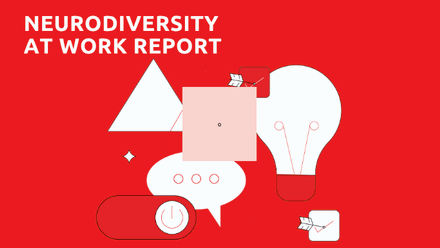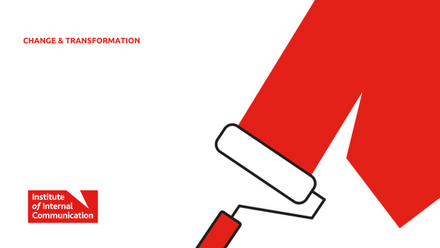Covid-19 has reshaped the way many organisations work.
For many, this will be a temporary change, but elsewhere, global and cross-geographical teams in once-rigid organisations are seeing the potential long-term benefits of these new norms and behaviours.
Up until now, remote businesses have remained the minority. And the majority are starting to realise with painful clarity the need to become more resilient in their remote operations.
Teams and managers have been asking themselves many common questions during the crisis: "How will we stay aligned as a group?" "What processes do we need to establish to be effective?" "What will we use to remain connected?" "How will we collaborate?"
Together, teams have been searching for the answers by bringing elements of the office life into the digital working environment. When lockdown is over, look at how some of your more successful endeavours from remote-working can be incorporated into your ongoing team or corporate culture.
Mindset and expectations
Traditional organisations often take their office culture for granted. During the crisis, the sense of fellowship and togetherness cultivated by physical offices may have fallen by the wayside, and these habits need to be nurtured deliberately.
Now, a few weeks into remote working, take a moment to rethink how we are all living and working. If viewed from the right angles, it might shed some light on previously unseen efficiencies and opportunities for growth for all parties.
Managing teams with a human touch
Maintain an emphasis on culture. Companies work hard to establish their culture and it is often inextricably linked to the physical workspace. Losing that physicality can lead to a detached workforce that no longer feels connected to the company as before.
It is critical to maintain company culture through internal communications, activities, workshops and other outlets for engaging employees and bringing them together.
Continue team-building activities like happy hours, team lunch, coffee breaks and team games in order to cultivate culture. Doing this with remote employees calls for creativity and open-mindedness, but all of these get-togethers can be done via video conference.
Remember: if have you started introducing virtual team games or coffee breaks with the aim of creating a social environment for those in isolation, continue this spirit when you're back in the office.
View this change as an opportunity to strengthen company culture. Re-evaluate what has been working in your company culture, and what hasn't.
Your company's culture should go beyond the physical harbour of the company HQ. It should remind employees of why they chose to work for your company in the first place, and bring them together in common cause. Has the new way of working made you realise what may have been pushing people apart? Can you eliminate those barriers and blockers when you reconvene in the office?
Remind employees that the company is there to support them now, and will continue to support them in the future. Remind them that you are all facing this challenge together.
The always-on video conference is a powerful tool for teams. It's a staple of all-remote companies, but, for other companies or teams at this time, can replace what has been lost for many workers.
Great collaboration often comes in the form of informal exchanges, rather than structured virtual meetings. Employees are encouraged to linger in the conference, keep the conference running while they work and pop in and out at leisure. You can organise a schedule to make sure that someone is always in the room just to answer questions that pop up.
The key is keeping informal lines of communication strong – and this culture of being open and available should, as much as possible, continue in the long-term.
Recognising employees' efforts is not often prioritized within company cultures, even when the situation is normal. In times of crisis, initiatives like employee spotlights or even simple kudos from managers become increasingly rare.
Employees who feel underappreciated or undervalued are far more likely to be disengaged at work, a problem in normal times, but potentially disastrous during this uncertain transition period. Ensuring that your employees feel appreciated and publicly recognised for their efforts is critical to keeping employees engaged. It goes a long way whether you are working remotely or all in the same room.
Seizing the moment – even in hard times
For companies, it's time to start thinking about this situation as an opportunity, rather than a crisis.
This is a chance to see the cracks in our organisations and fill them, identify inefficiencies in our processes, and find new and innovative ways to collaborate and humanise our work.







